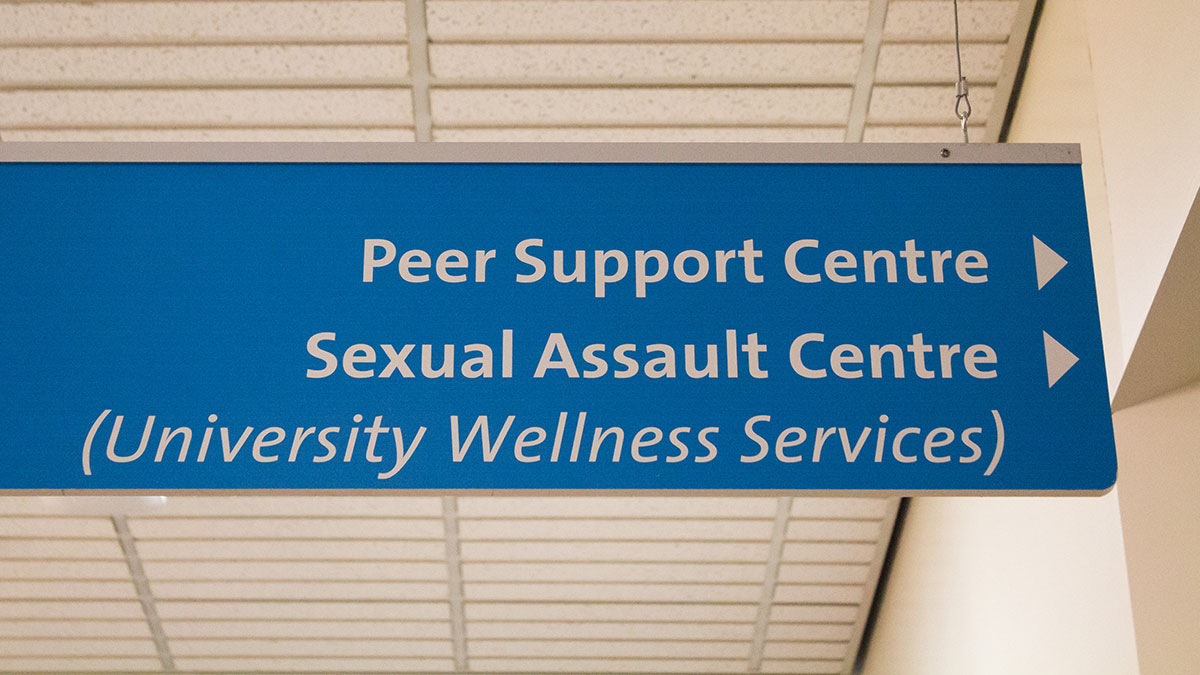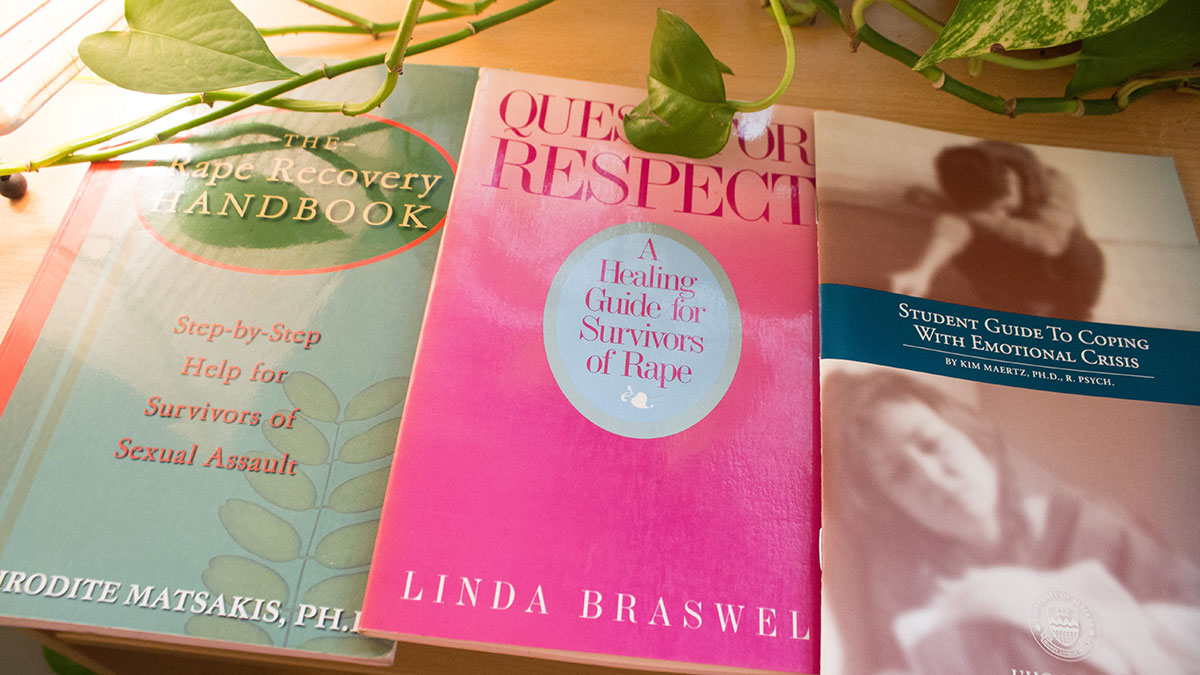University releases final report on sexual assault policies
 Christina Varvis
Christina VarvisStudents facing the crisis of reporting a sexual assault will soon have a streamlined pathway in accessing support services, as outlined in a new report by the University of Alberta. .
The Violence Review Group, which included students, faculty and staff from the Student Conduct and Accountability, Office of the Dean of Students, U of A Sexual Assault Centre, U of A Protective Services and Residence Services, assembled in November 2014, and has made 46 recommendations in six areas: education and prevention, support, formal complaints, policy, communications, and tracking and statistical reporting.
Recommendations include that the university
- Establish a standalone sexual assault policy that will apply to the entire university community
- Appoint a Sexual Assault Prevention and Response Coordinator who can be contacted in cases of sexual assault disclosures,
- Inform new staff on how to respond to sexual assault,Establish a clear mandate and presence for the Sexual Misconduct and Assault Response Team (SMART) which is currently an team brought together to coordinate services to a survivor when information on a sexual assault is received,
- Assign all formal complaints of sexual assault under a University policy to an investigator trained in investigating incidents of sexual assault,
- Create a central website on sexual assault,
- Ensure communications and programming on sexual assault are inclusive to all gender identities.
Students’ Union President Navneet Khinda said the review is honest in identifying the university’s shortcomings and successes. The list is “comprehensive,” but Khinda would like to see what university administration plans to do with the recommendations.
The university’s emphasis on creating a policy particularly for sexual assault would be a symbolic and practical gesture for students, which would be “huge,” Khinda said. A policy would outline a clear pathway survivors and accused could take within the university when reporting sexual assault, which is a gap in the current system, Khinda said.
“There’s a lot of uncertainty around making a formal complaint to the university,” Khinda said. “They’re not sure if they’ll get tied down in the process … They’ve identified this in the report that the current process doesn’t account for trauma.”
#ualberta‘s sexual assault report a good first step to ensure a safe campus for all students https://t.co/Wt9hqMDiU2 #abpse #cdnpse
— Navneet Khinda (@uasupresident) February 8, 2016
The establishment of a standalone sexual assault policy is one of 10 recommendations out of the 46 that are prioritized for completion in the next year. The review said the policy should “be written in plain language with clear definitions, include common principles and approach to dealing with sexual assault.” Right now, complaints would be filed under harassment in the U of A Policies and Procedures On-Line (UAPPOL). A sexual assault policy would provide clarity and transparency, Steven Dew, provost and vice-president (academic) said.
“We need to be able to reach out to all people on campus and some people off campus about awareness, how this is an issue and what standards of behaviour are expected,” Dew said. “That involves a fairly large shift in culture, and that will take some time.”
Also prioritized will be the distribution of an information sheet on what to do when someone discloses sexual assault and the improvement of access to online resources.

The Dean of Students is currently assembling a committee of those involved in sexual assault response on campus to and assess costs and implement changes recommended by the report. Stakeholders come from many areas across campus, from protective services to clinical services, Dew said.
“It makes the situation complex, but I think it’s the right structure,” Dew said.
Khinda said she hopes to work with the university as a partner, and aims for SU staff to be trained in handling reports of sexual assault as well. The 95-page review doesn’t mention the SU, but it does mention various service groups including The Landing and the Peer Support Centre. These are areas of key partnerships that the SU would like to collaborate with the university on, Khinda said.
Students can currently access the Sexual Assault Centre, Counselling and Clinical Services, SMART, peer support, University of Alberta Protective Services, Residence Services, Office of the Student Ombuds, Chaplains’ Association and The Landing. The review recommends information on where to access these services are condensed.
The report also identifies the need for increased trauma-based training, which is important in cases of students looking to access services, Khinda said. The current process is long and unclear, and students don’t always know if reporting a case will require them to tell their story five times or find a lawyer.
“If somebody says their stuff was stolen, (the university’s) not going to ask if they’re sure,” Khinda said. “They should have a similar response (to sexual assault) that says, ‘I believe you at face value, now let’s explore this.’”
The SU’s role moving forward will be to act as a watchdog in the implementation of the Violence Review Group’s recommendations. It’s important that stakeholders watch how the university responds to the changes, Khinda said.
“This really gives us a place to start in critiquing the university and also watching for the progress,” Khinda said. “We can be leaders nationally in how we respond to sexual assault, but we have to work together.”




